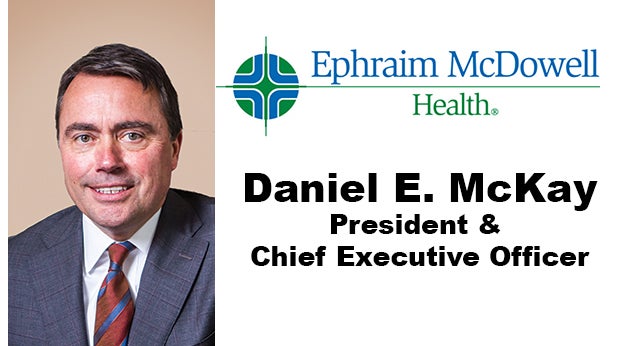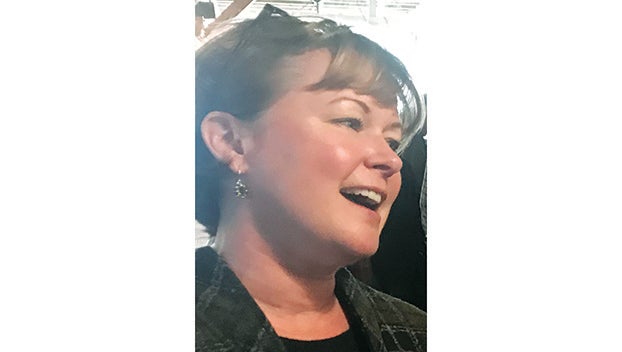Detox beds are a big step forward in fight against drugs
Published 6:21 pm Wednesday, April 17, 2019
EDITORIAL
The Advocate-Messenger
Ephraim McDowell Health’s decision to add capacity for “detox” beds at its Danville hospital is one of the best positive steps forward in the fight against drugs we’ve seen in recent years.
The hospital is hiring a new physician, Dr. Osama Ali, who holds an MD in psychiatry and specializes in drug rehabilitation and detox treatment. When Ali begins in July, the hospital will have capacity for 10, 20, maybe even 30 patients in need of his services.
Those detox beds are something the community does not currently have access to, and they’re something we need desperately. The hospital isn’t just opening the door to another treatment option for people dealing with drug use problems; it’s opening the door to a whole new paradigm, inside of which the community may be able to treat the root problem, rather than the symptoms.
We already see this dynamic in play on a small scale in the Shepherd’s House treatment program, where drug addicts who might previously have been left to rot in an endless and expensive cycle of jail and addiction are being given the tools they need to realize their true potentials.
The Shepherd’s House is a turn away from the old criminal justice methods of punishment and incarceration and a turn toward a better path of improving lives.
Ephraim McDowell’s new detox beds create the possibility for the entire community to head down that better path and improve so many more lives — before we’re even talking about charges or jail.
It is still theoretical at this point, but the idea put forth by Jailer Brian Wofford and others is that some of these detox beds could be used by police when they apprehend someone who is high on drugs. Instead of taking the person to jail and charging them with a crime — creating a case in the criminal justice system that will slog on for at least months and take up the time of prosecutors, defense attorneys, legal assistants, judges, deputy jailers, court clerks and law enforcement officers — police could take the person instead to a detox bed at the hospital. There, they could be kept safely until the drugs have worn off, treated for their problems, educated about drugs, and perhaps then passed on to another rehabilitation or treatment facility.
This system could more consistently produce a better end — rehabilitated drug users capable of working jobs, caring for their families and giving back to society. Notably, it could also get to that better end through better means: Done right, such a system places higher value on the time of police officers and criminal justice system officials by allowing them to focus on more important cases involving real criminals; and it shows compassion and provides medically sound care immediately for people suffering from drug addiction. Everyone gets treated with more respect.
It’s important not to think of the detox beds as a silver bullet. Drug abuse is one of the most slippery and complex problems we try to deal with at the societal level today. Solving something with so many causes, facets and nuances will take complex, multi-faceted, nuanced solutions.
The detox beds are a very important piece of the puzzle, but they are one piece. We need to find many pieces to complete the puzzle.
“We recognize there is a community need and we’re trying to do our part,” Ephraim McDowell CEO Dan McKay told us.
We hope others in the community follow the hospital’s lead (and many already have), by getting involved with local efforts, making the tough choices to change business as usual, and stepping up to do their part.






